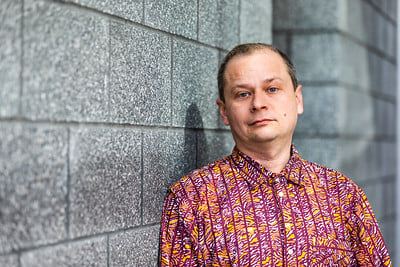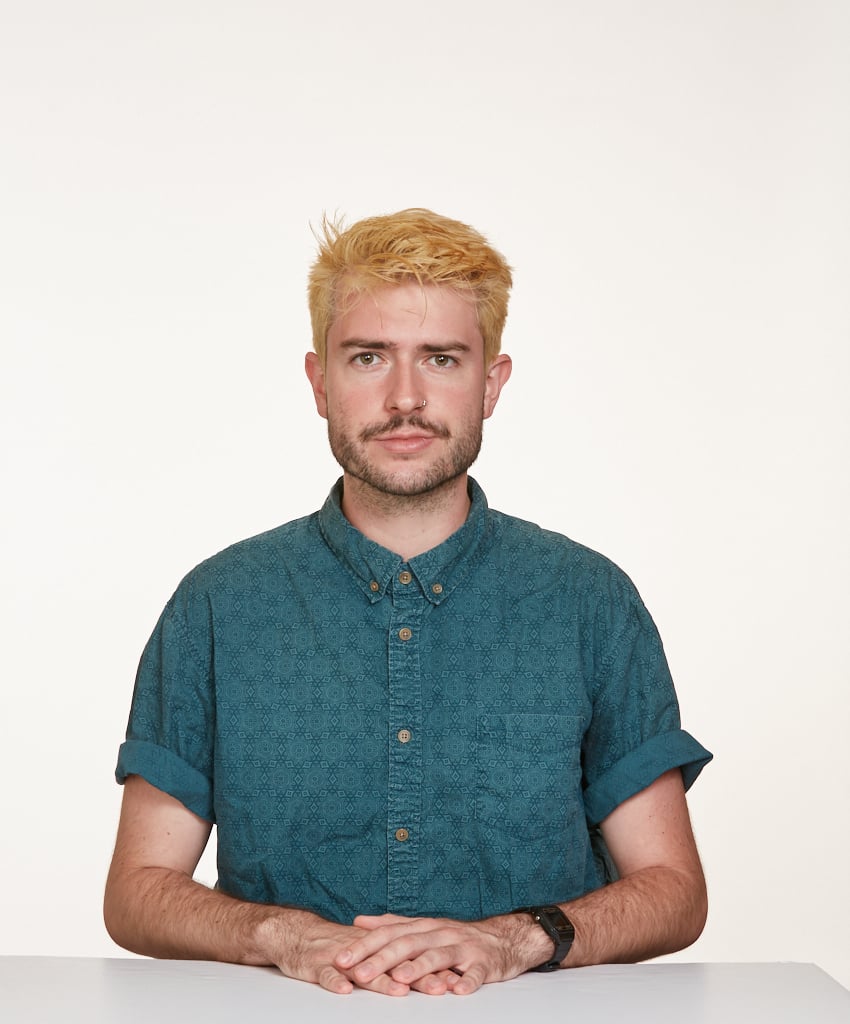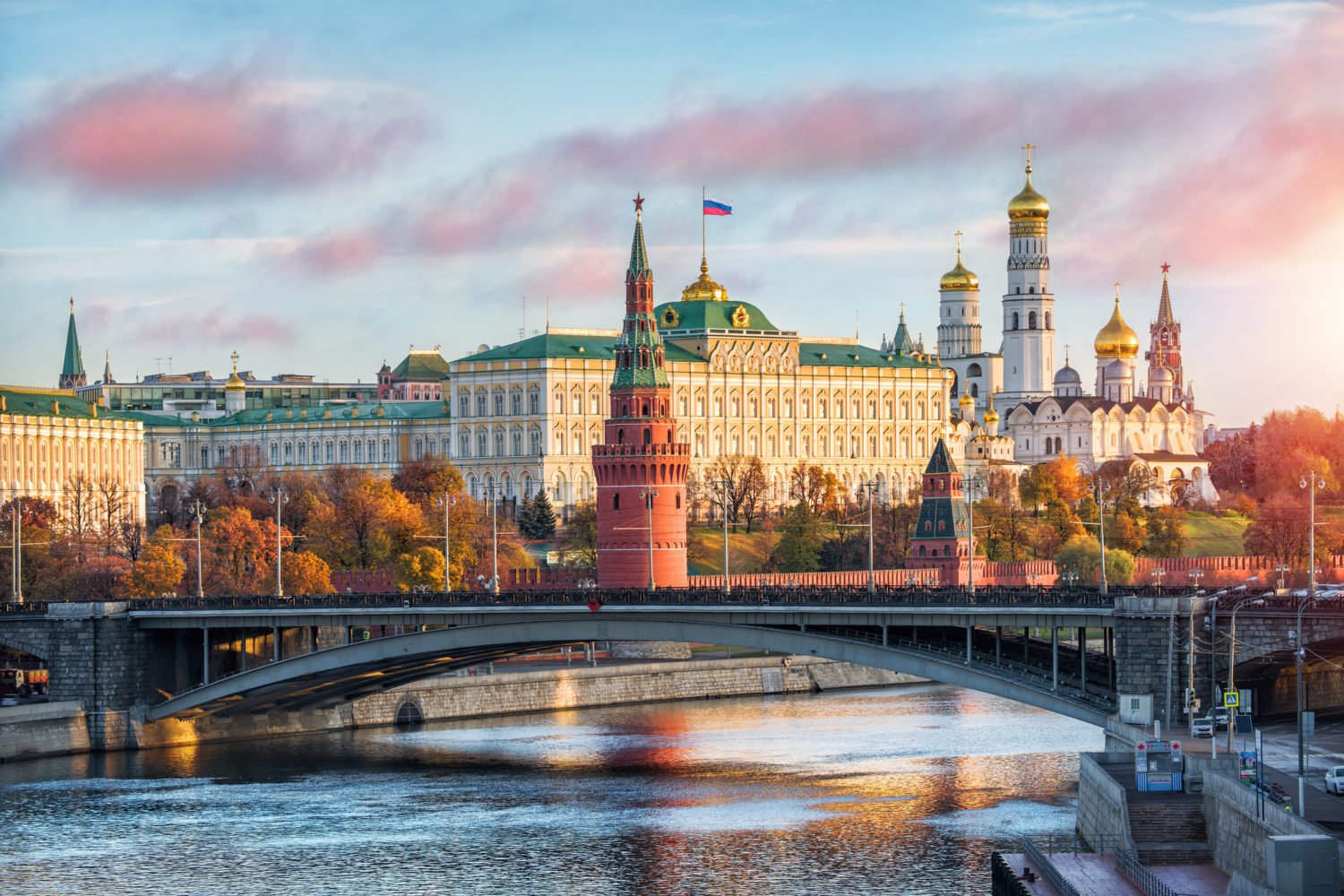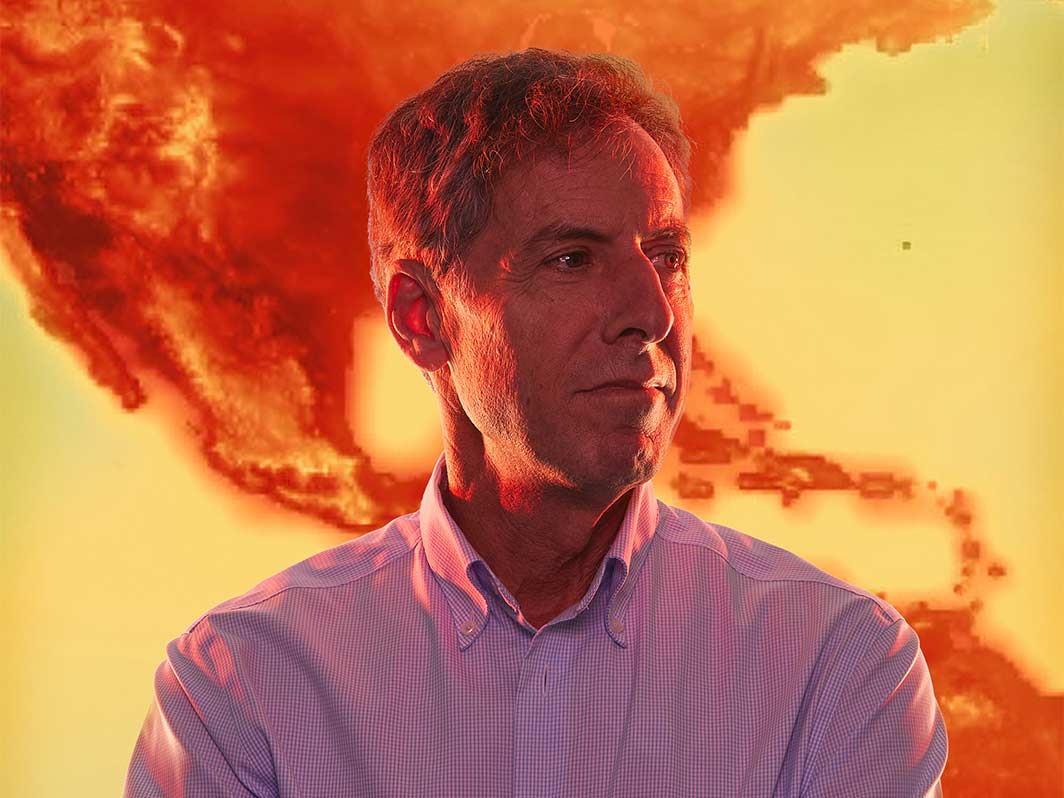In early April 2014, pro-Russia separatist groups began storming municipal buildings in the eastern Ukrainian Donbass region. On April 12, they appeared down the street from Ararat Osipian’s hometown of Kramatorsk. They stormed the city hall, another building that housed the police department, the district attorney’s office, a courtroom. Institutions that gave a sense of structure and security were rendered null and void. The violence escalated quickly.
“Ukrainian military forces started getting killed. Suddenly we learn from the news that the railway no longer functions; it doesn’t connect to our city. Then military units being killed in an ambush at night,” Osipian says. “People were in total disbelief that this is actually happening.”
Osipian had recently returned to Ukraine. In an ironic twist, his idealistic rule-following is what landed him in danger. The State Department stipulated that he return home after he completed his doctoral program at Vanderbilt University. While some Eastern European colleagues moved on to Canada or Britain, Osipian went home.
“I really wanted to contribute something to the development of my country,” he says. “The result is I was the foolish one. It was very unlucky.”
Over the next three years, Osipian continued his research as best he could, studying endemic problems in the region, like corruption in higher education and predatory raiding–a practice by armed groups who confront business owners by force and hijack their enterprises. The war showed no sign of ceasing and research became increasingly difficult. Violence embedded itself into the unassuming and humdrum.
“I remember in May there are usually thunderstorms and rainfall, he says. “I remember listening and thinking, is that thunderstorm or artillery? Sometimes it was actually both.”
Osipian’s research didn’t make him particularly popular. “Unfortunately no one likes people who work on corruption,” he says. “Especially authoritarian regimes. So, it’s a good idea to come to a democracy to continue your work on corruption.”
He found momentary refuge in a fellowship with the New Europe College in Bucharest, which he found while scanning colleagues’ résumés. Then he applied to return to the United States through the Scholar Rescue Fund, which relocates academics whose livelihood and careers are threatened in their home states to universities where they can conduct their research safely. He was placed at the University of Wisconsin, Madison, where he spent 2018. Then, he reapplied. The precariousness of Osipian made him an attractive candidate for renewal. He accepted a second offer from Scholar Rescue Fund to a fellowship with George Mason University’s Schar School of Policy and Government. Osipian arrived in Virginia on the last day of 2018.
By most standards, Osipian’s office is empty. No framed degree on the wall, no prominent photograph with a former cabinet member, no books on the shelf. Just a desk, a computer, and a phone. Osipian joined George Mason’s faculty less than three months ago, but the hermetic quality of his office is by choice.
His schedule is equally monkish.
“I enjoy my office, workplace and my computer,” he said. “I’m here from 9 in the morning until 11 at night, and I’m here seven days a week.”
He doesn’t like breaks, holidays, or vacations. He doesn’t even drink coffee.
This is Osipian’s office until the end of 2019. The hope is that Osipian will teach some of his findings to George Mason students during the fall semester. For now, he spends his days trawling through data he collected back in Eastern Europe, or reading about Ukraine’s upcoming presidential election.
Once a week, he meets with other endangered academics online to share personal stories and research. George Mason University is a member of the New University in Exile Consortium, the spiritual successor of an initiative at the New School in New York, which rescued at-risk academics during the rise of fascism in 1930s Europe. There are 13 member universities in NUEC, each hosting at least one endangered scholar. The consortium doesn’t relocate scholars the way its forerunner did, but it does seek to curb the sense of isolation amongst relocated academics.
“For the most part it was clear to me that what happens when they’re uprooted is that their sense of loss of identity, who they are, being uprooted is profound, and that’s not being dealt with. That has become our mission,” says New School faculty member and NUEC founder Arien Macks.
With community comes security. Though, online seminars can’t guarantee Osipian a minimalistic office to call his own.
Mark Rozell, the dean of the Schar School, says the university hopes to regularly host endangered scholars after Osipian leaves. (The SRF is renewable only once. That means a new application every year, a new university, and little certainty that he’ll be accepted in each successive attempt to secure another institution to leapfrog to.) And Ukraine?
“Eventually, I will go back,” Osipian says.



















